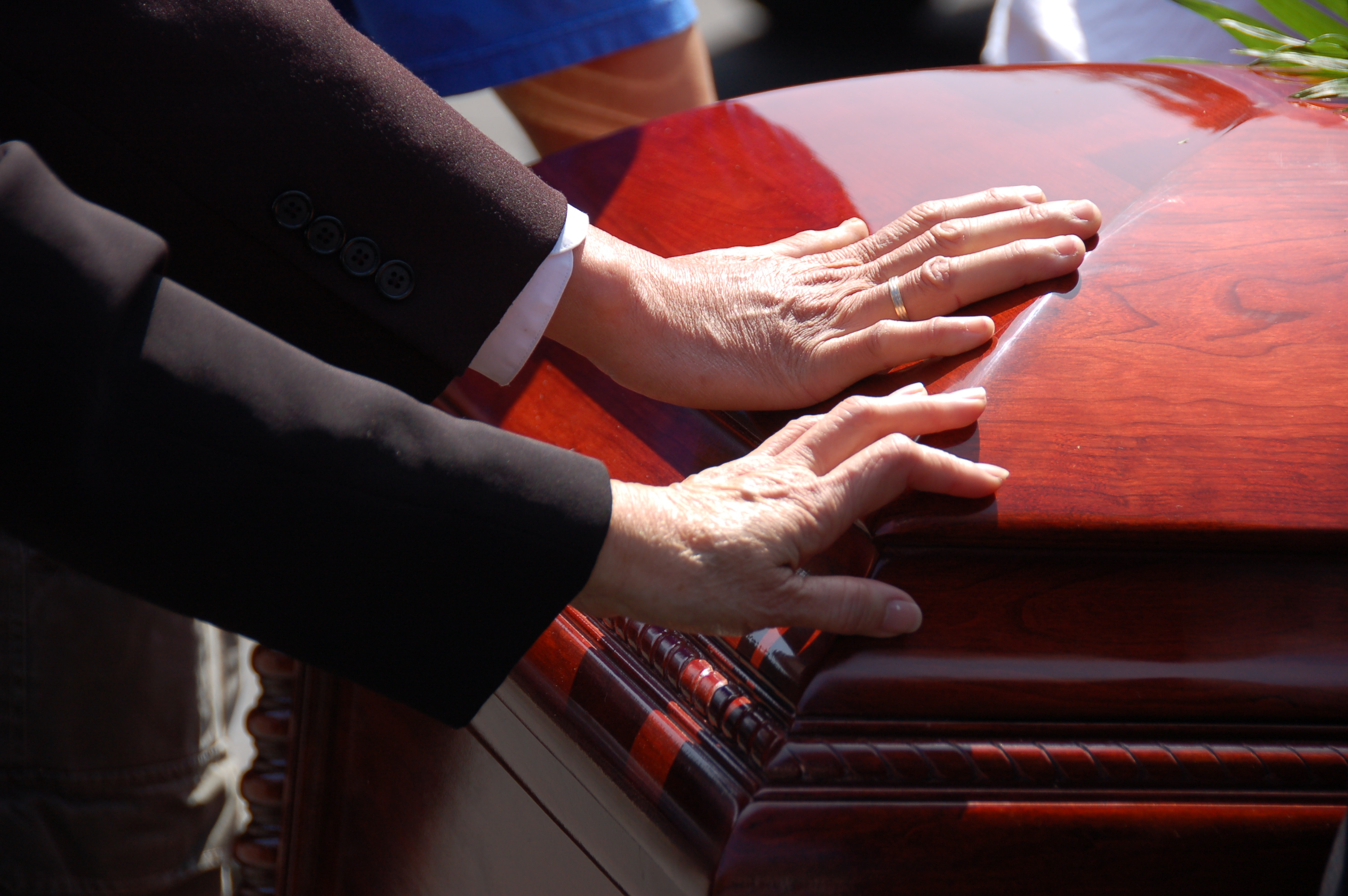
Grief is the emotional pain we feel when we suffer a loss and is why we have funerals. Without a ceremony, or structured event dedicated to a loved one that has passed, we would have no means of expressing our grief, our love, or the void that death created in our lives.
 No one questions the value of an anniversary or birthday party, or a wedding, or even a military ceremony to launch a ship. Neither do we question the funeral for a famous war hero, politician, teacher or minister. These events are inherently right and meaningful. The same applies for the funerals of anyone that was important to someone else, which includes all of us.
No one questions the value of an anniversary or birthday party, or a wedding, or even a military ceremony to launch a ship. Neither do we question the funeral for a famous war hero, politician, teacher or minister. These events are inherently right and meaningful. The same applies for the funerals of anyone that was important to someone else, which includes all of us.
The measure of a life isn’t based upon notoriety, but the contribution the individual made to the lives of others. Every father, mother, sister, brother, friend, mentor, co-worker, or veteran has touched the life of the people close to them, and deserves to be honored, but more importantly, those people touched by loss have a need to express their emotions.
Part of the funeral ceremony is viewing the loved one in a casket. Psychologists and clergy concur that this simple act plays an important role in accepting the loss of a loved one, and beginning a new life without that individual. At most funerals, everyone in attendance is given the opportunity to approach the casket to pay their last respects. We do this not for the loved one, but to support the immediate family, and those that suffer most from the death. In this way the funeral ceremony becomes a community event, where friends, co-workers, and relatives participate in a ritual of support.
As cremation has become more popular so has the concept of a memorial service. A memorial service can be less formal than a funeral, and because they are typically held in conjunction with cremation, the memorial service can occur at any time, or anywhere. It is not uncommon to have multiple memorial services, one in the community where the death occurred and another in a hometown.
A graveside service, whether to bury the loved one in a casket, or to bury the cremated remains in an urn, is a lovely service. The clergy will lead the service, but it is not uncommon for those in attendance to sing a favorite song, and of course, the graveside often includes a military honor guard. Everyone in attendance is touched by the presentation of the American Flag to a surviving family member and the twenty-one-gun salute.
The value of a funeral or memorial service is not determined by the amount of money the family decides to spend, or by the number of people that attend. The value is the knowledge shared by the survivors that the life of someone dear to them was honored. That their life had meaning, and like the ripples created by a stone thrown into a pond, the impact of that life will never end.
